
Applying diversity, equity, and inclusion to cancer clinics can help oncology nurses and APPs make an impact on patient care and research.

Applying diversity, equity, and inclusion to cancer clinics can help oncology nurses and APPs make an impact on patient care and research.

Developing a strong working relationships and understanding the physical and emotional demands of the oncology specialty are some ways nurses can address burnout, an expert said.

What should a patient do when there is an incidental finding on radiographic films? Is the patient responsible for following up, or is it the responsibility of the provider who ordered the imaging? What if they had the imaging done at an urgent care center or in the emergency department and they do not have a primary care provider?

Most cancer centers reported a shortage of at least 1 systemic therapy in a survey published by the NCCN.

Oncology rapid-access clinics should be essential to patient care standards across the oncology continuum.
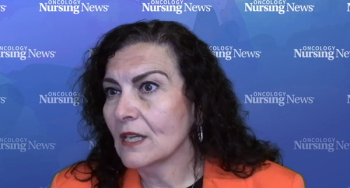
An oncology nurse practitioner highlights the benefits of attending conferences like the ASCO Annual Meeting.

Using an artificial intelligence-based navigation tool to contact patients who missed their colonoscopy appointment may help them reschedule and potentially attend a new appointment.

Converting operating rooms into those that are able to filter surgical smoke and biological contaminants can make workplaces safer for nurses and other health care staff.

The implementation of a nurse navigator in a lymphedema program has helped patients with the condition obtain timely care, which can potentially improve outcomes.
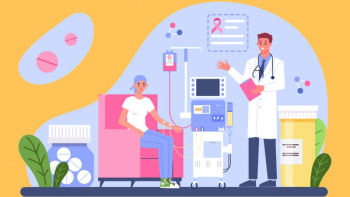
The role of a verification nurse can lead to several benefits, including the prevention of errors from reaching the patient, decreased workload, and potential cost savings from less drug waste.

The newly appointed president of the Oncology Nursing Society (ONS) discussed healthcare policies that she and ONS will continue to advocate for in the cancer space.

Nurse coordinators should aim to transmit information to both the patient and caregiver during outpatient CAR T-cell treatment process.

A tiered level preceptor recognition program offers a cost-effective organizational intervention designed to acknowledge and incentivize the contributions of advanced practice preceptors.

Advanced care planning can benefit both the patients with cancer and the oncology nurses who work in intensive care units, as it may potentially reduce stress and moral distress.

One expert explains the importance of deciphering the data obtained through wearable technology while aiming to avoid data fatigue in oncology nurses.

The journey toward vicarious resilience is not only possible but essential—for ourselves, our patients, and it is the very essence of health care.

Genetic testing decisions in patients with cancer may be affected by significant out-of-pocket costs.

As part of a survey of practicing oncologists in the United States, clinicians may have ethical concerns around using artificial intelligence in cancer care.

The American Society of Clinical Oncology updated its vaccine guidelines for patients with cancer — a population that may have a heightened infection risk.

An oncology nurse and pharmacist discuss the multidisciplinary approach to administering TIL therapy in patients with advanced melanoma.

Even though wearable technology can track symptoms and physical activity, among other information, in patients with cancer, more research is needed to determine how it all can benefit the management of these patients by oncology nurses.

An expert discussed how the benefits of mindfulness in patients with cancer can also be applied to oncology nurses.

Wearable technology can track hand hygiene protocol adherence, making wards more aware of their hand washing and sanitizing rates on a weekly basis.

Virtual reality headsets can be used to reduce anxiety in patients with cancer undergoing treatment and as an educational tool for nurses learning how to have difficult conversations with patients.
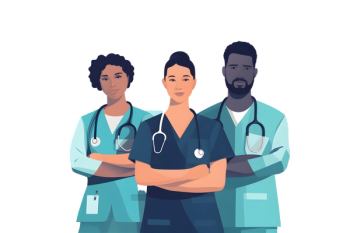
Oncology practices can create more access to care by leveraging the use of APPs, empowering nurses to practice at the top of their licensure, utilizing nurse navigators, and planning ahead.

An expert discussed how oncology nurses can help social workers seek available financial resources for patients by opening the conversation about any needs to be addressed.

Speaking with patients with cancer about financial toxicity, including available resources to help them pay for treatment and other necessities, can become a collaborative effort within an institution.
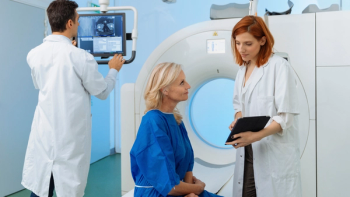
Amy Martinez, BSN, RN, OCN, explains how her team incorporated the Timed-Up-and-Go test into their workflows on a radiology unit.

Kizzie Charles, MS, APRN, AGCNS-BC, CNOR, walks through the process of developing a successful quality improvement project in the perioperative oncology setting.
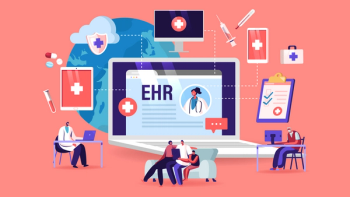
About a quarter of patients with cancer routinely access their electronic health records.